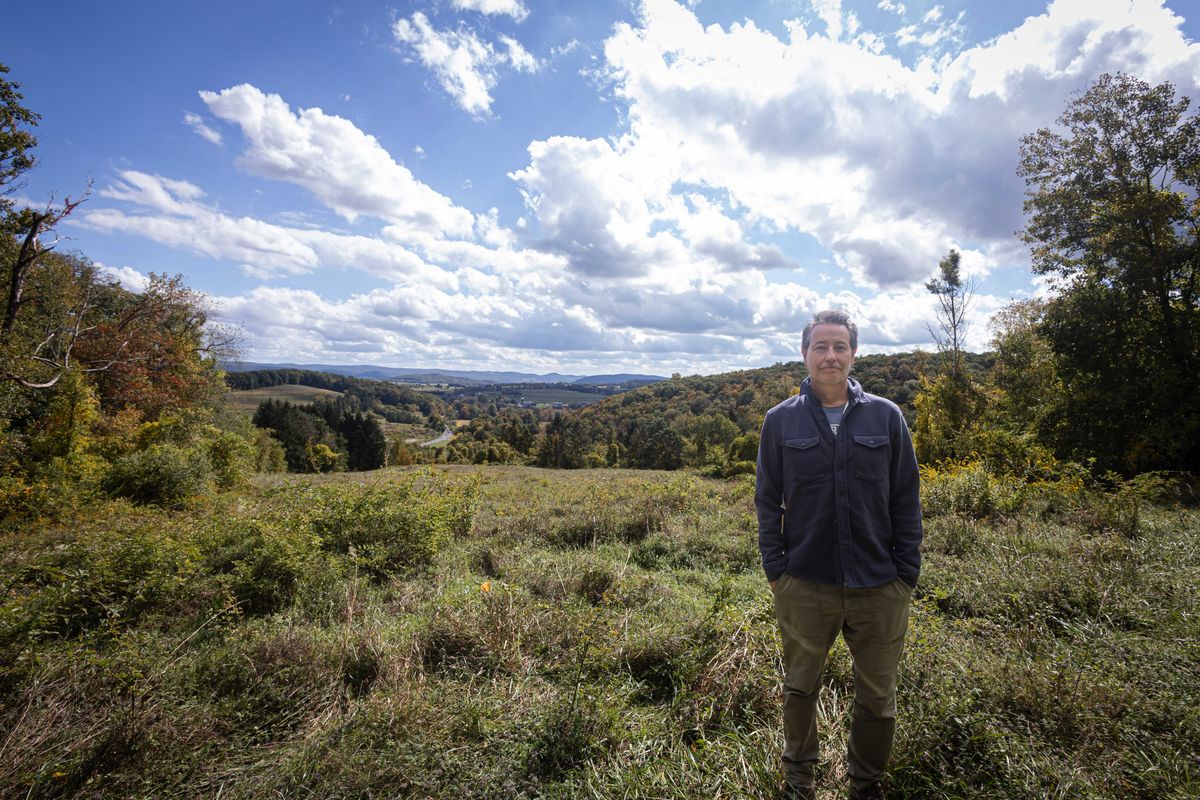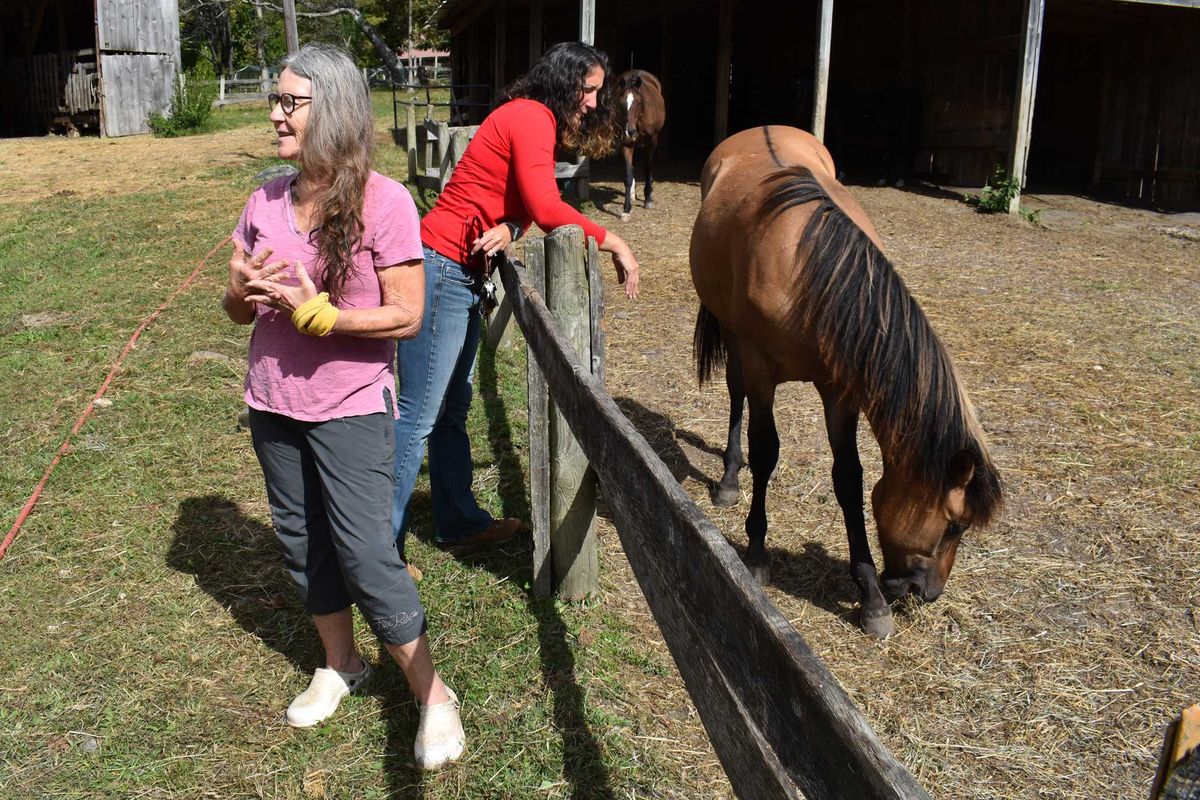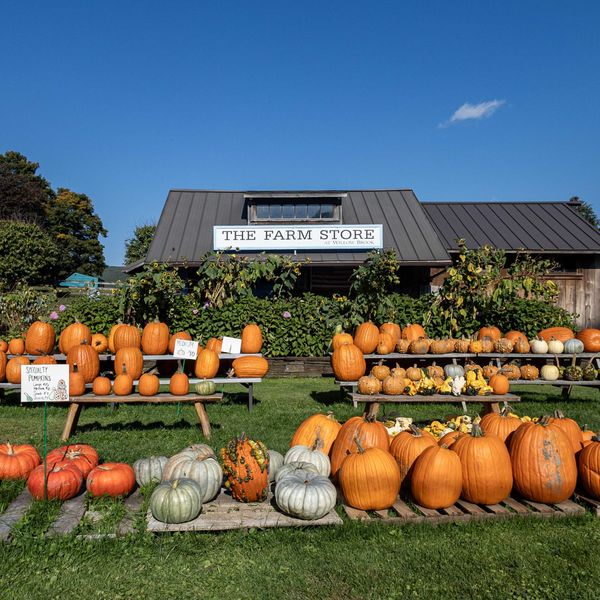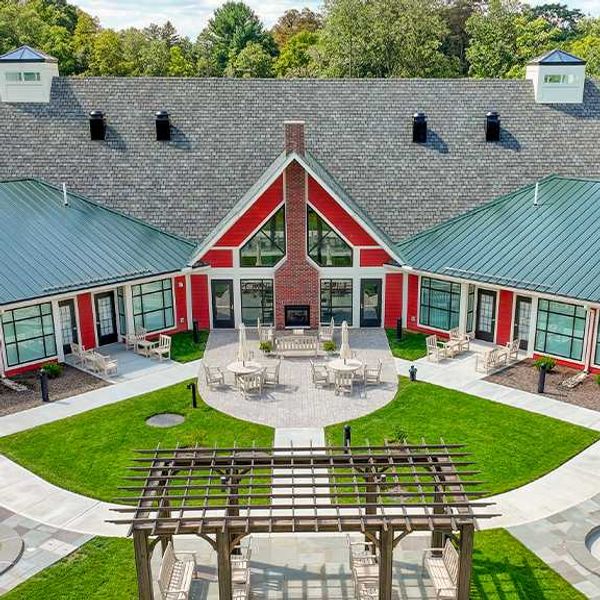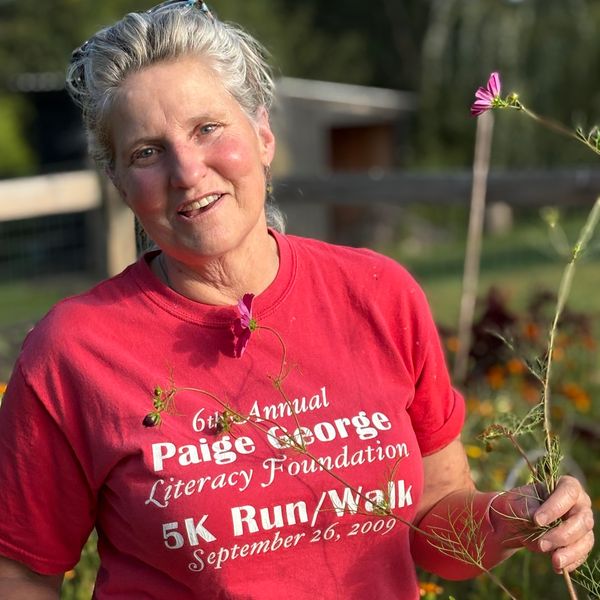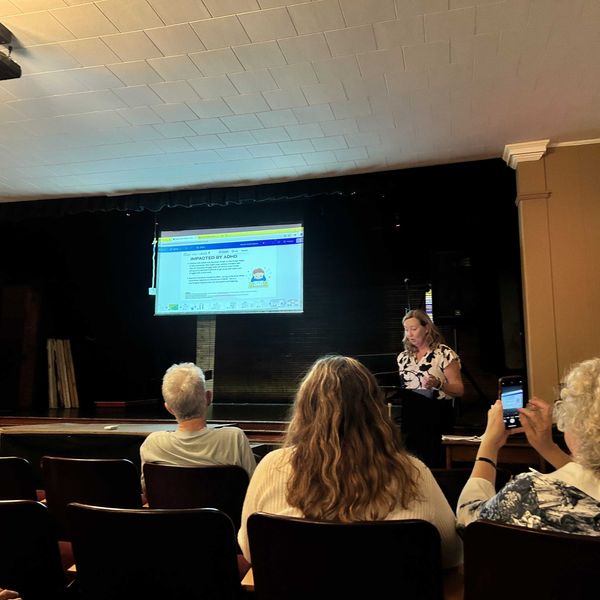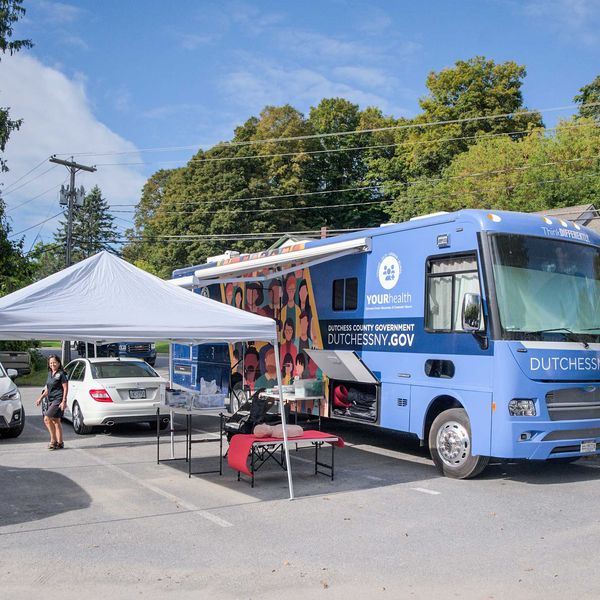Trevor Zoo to build red wolf breeding facility
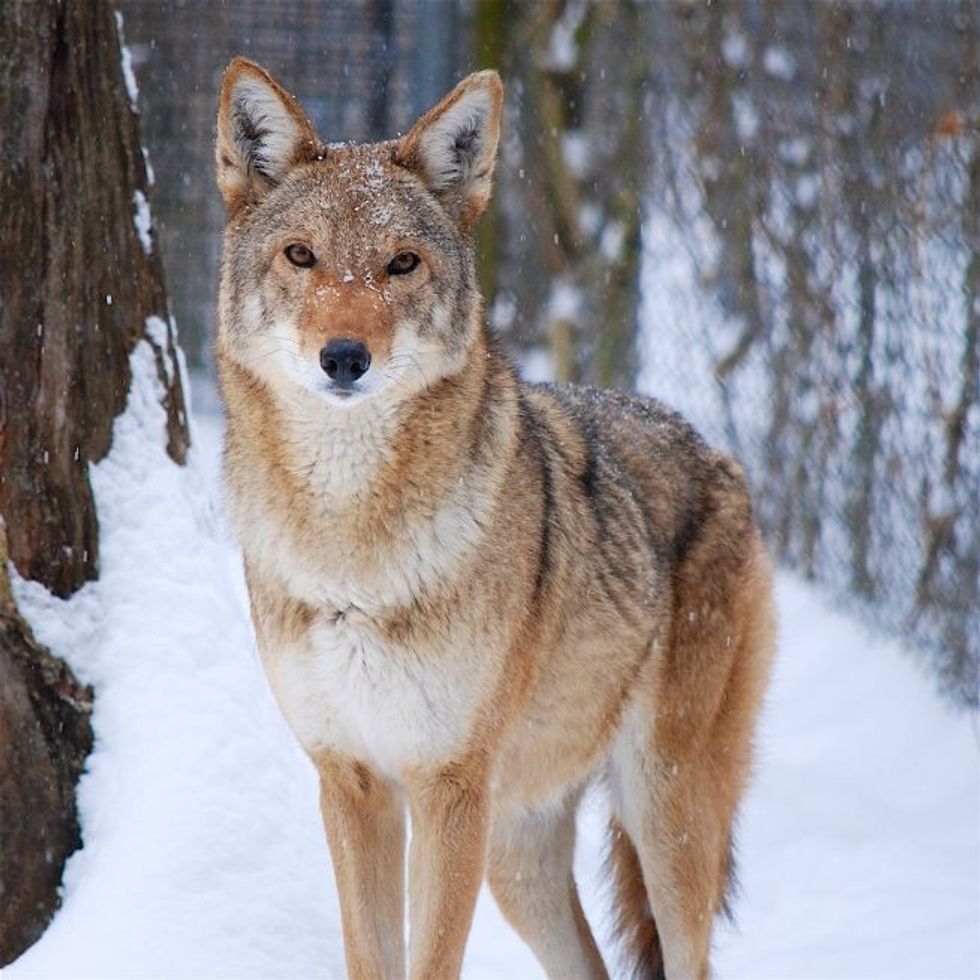
Two red wolves are free to roam their enclosure at the Trevor Zoo. The zoo just received a matching grant that will enable it to build a new breeding habitat to help conserve and enlarge the red wolf population in the United States. Red wolves are slightly smaller and thinner than their gray cousins. Photo submitted

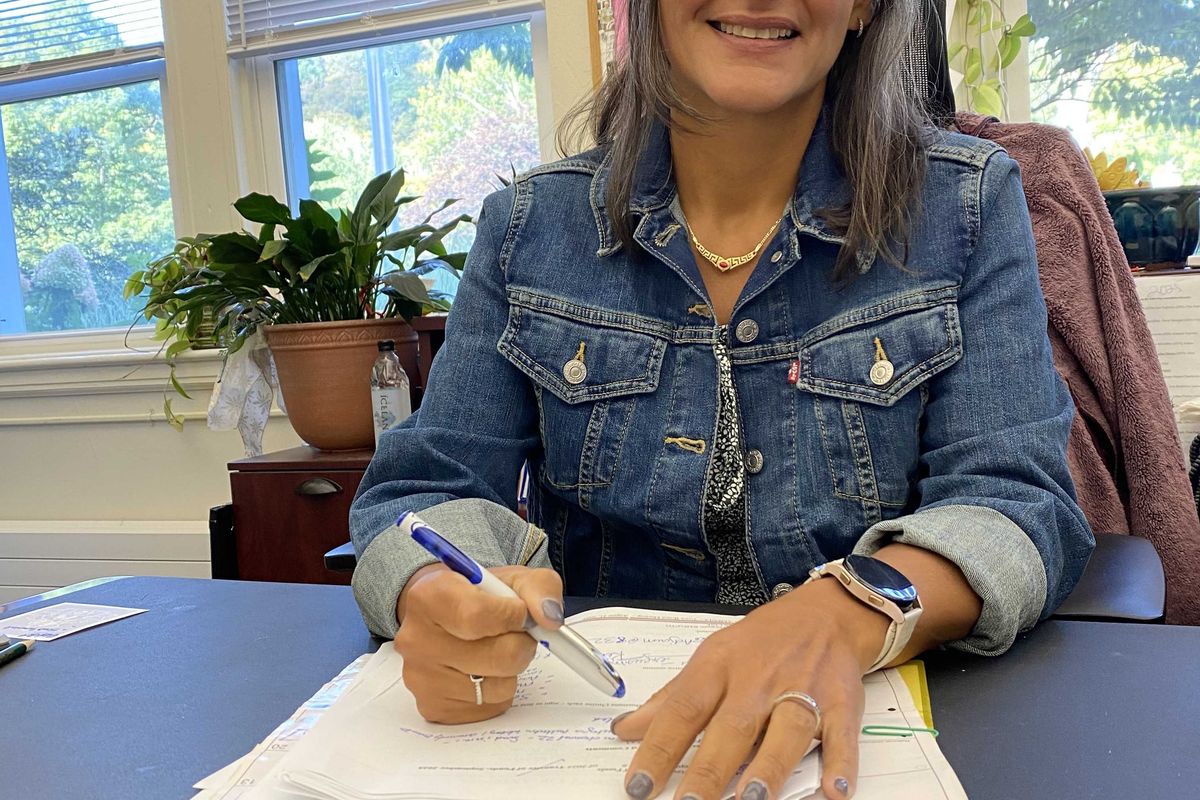
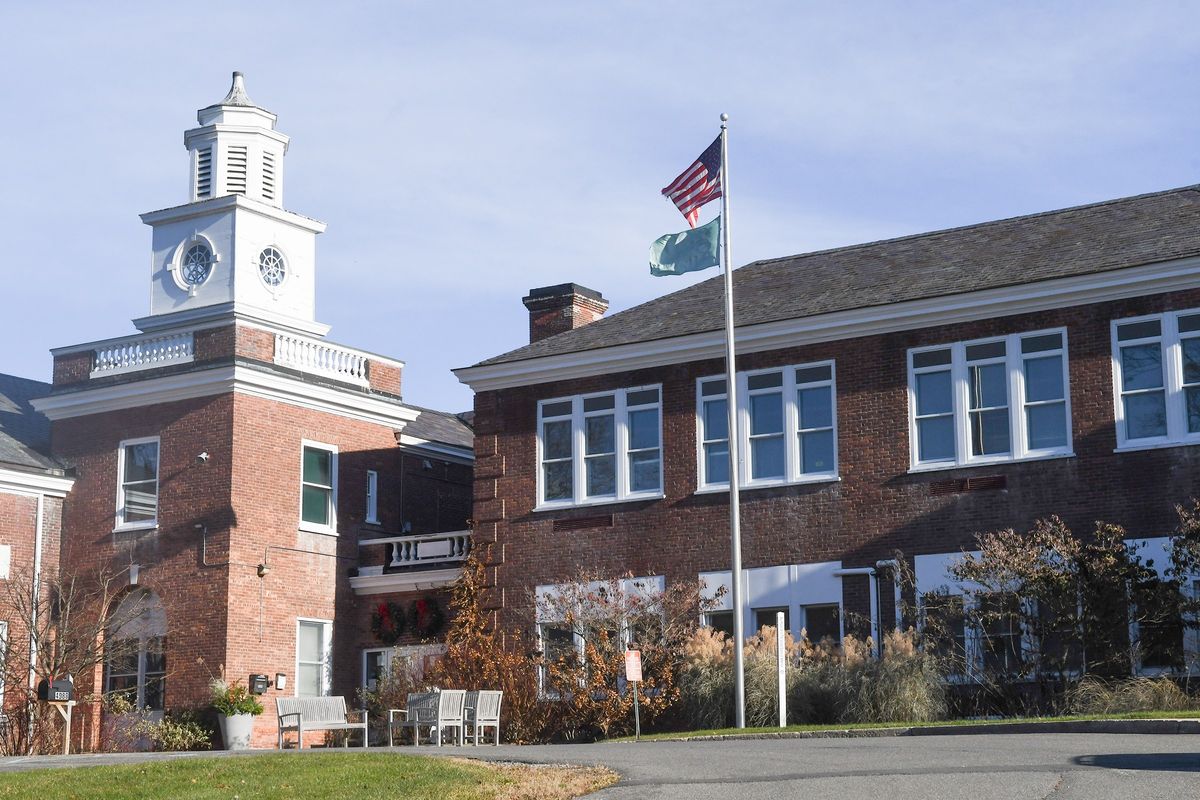
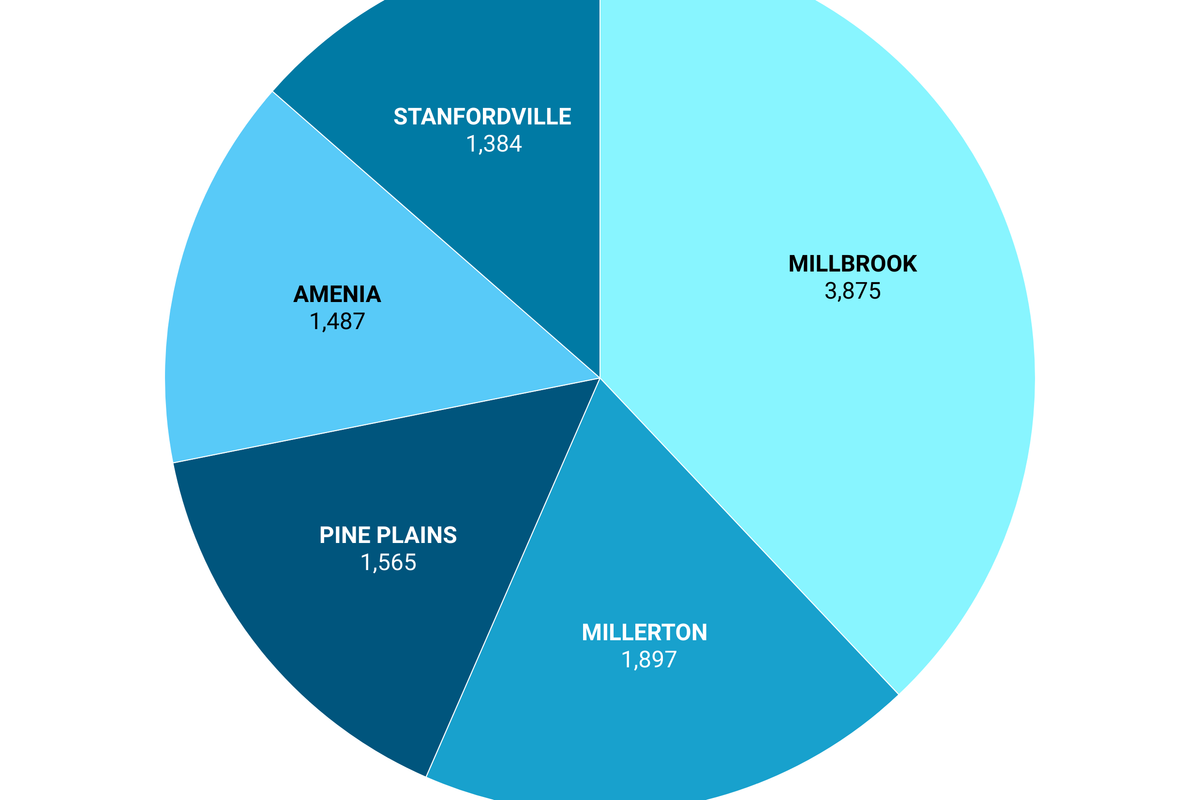
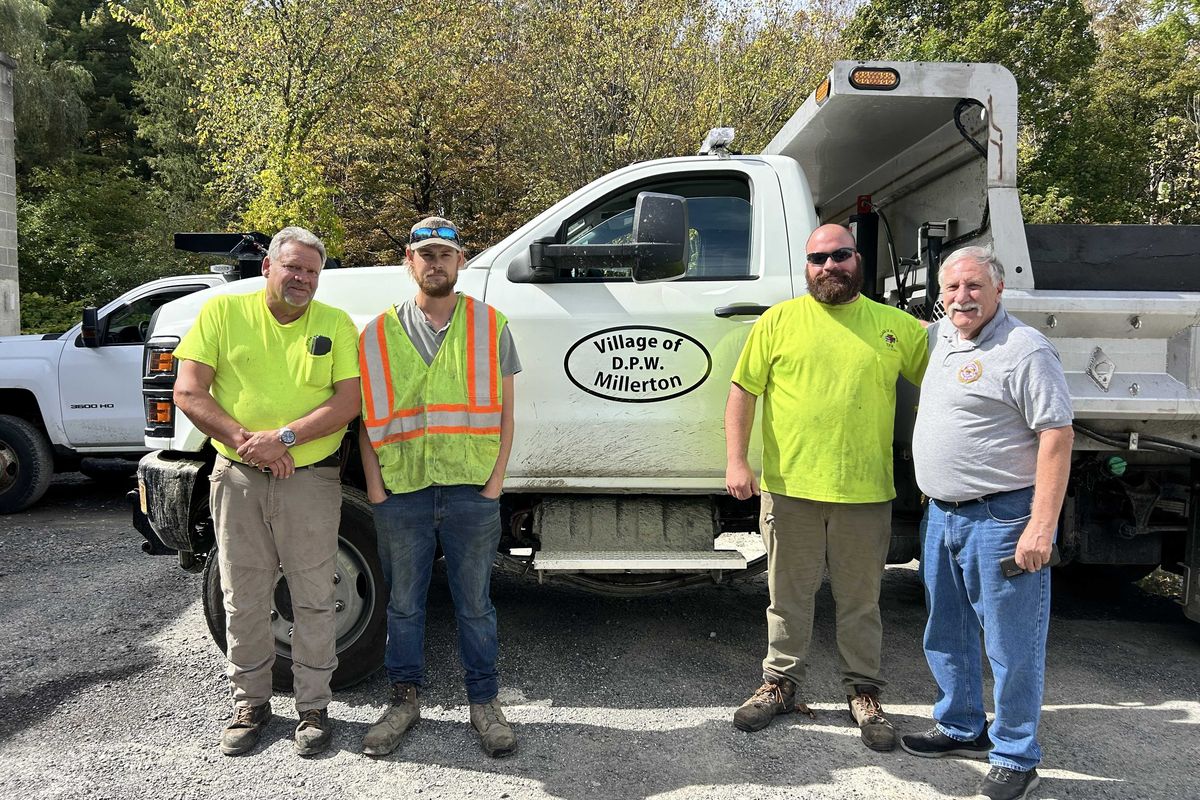
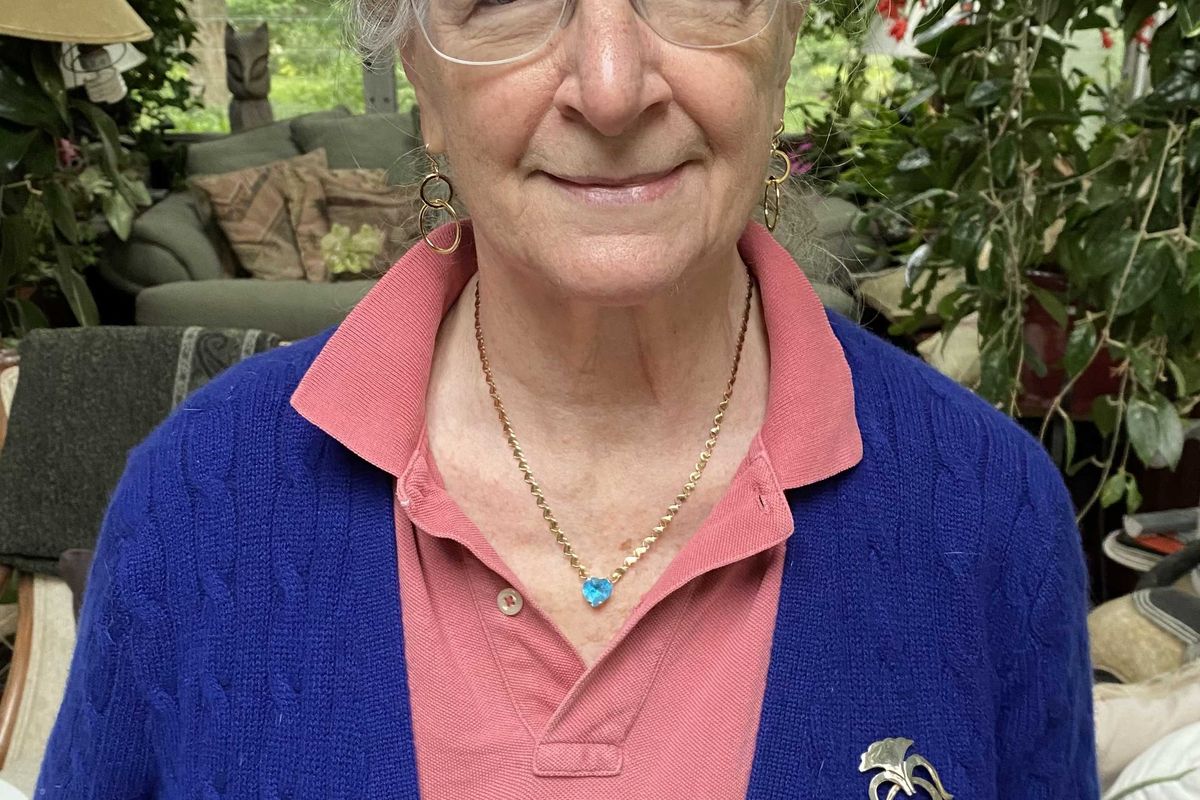

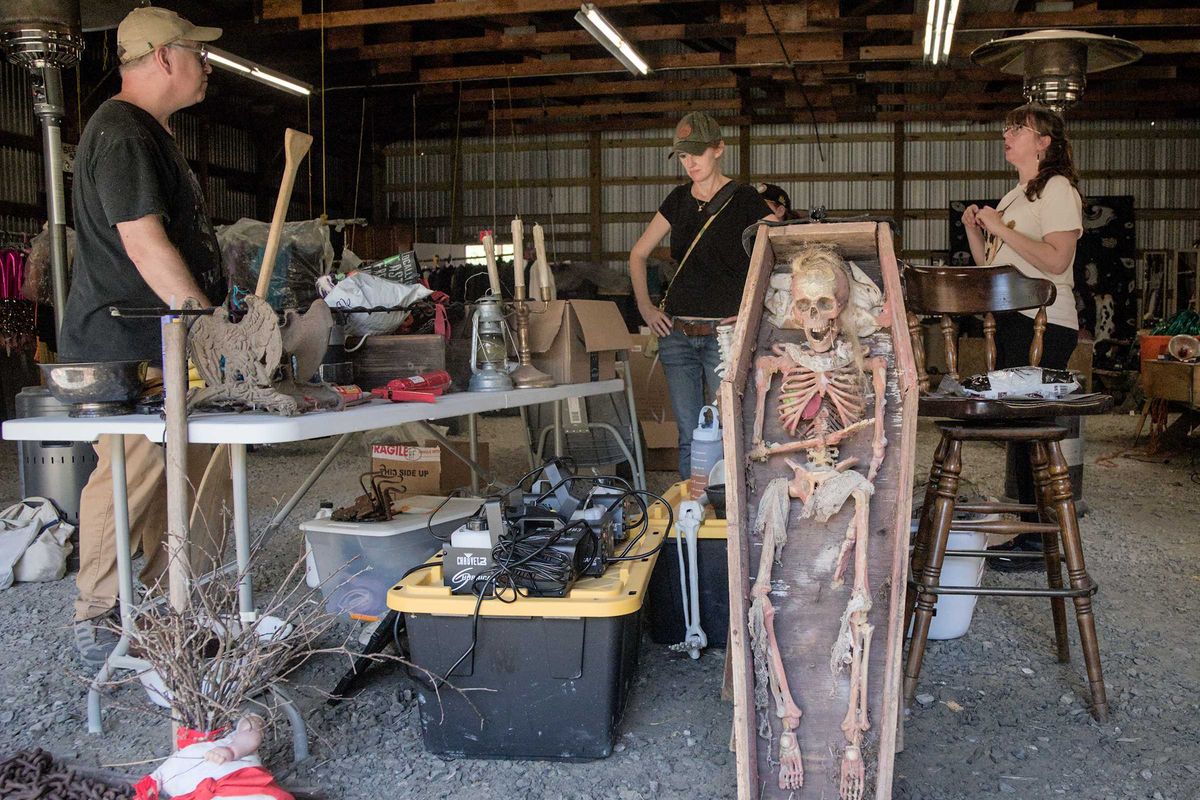
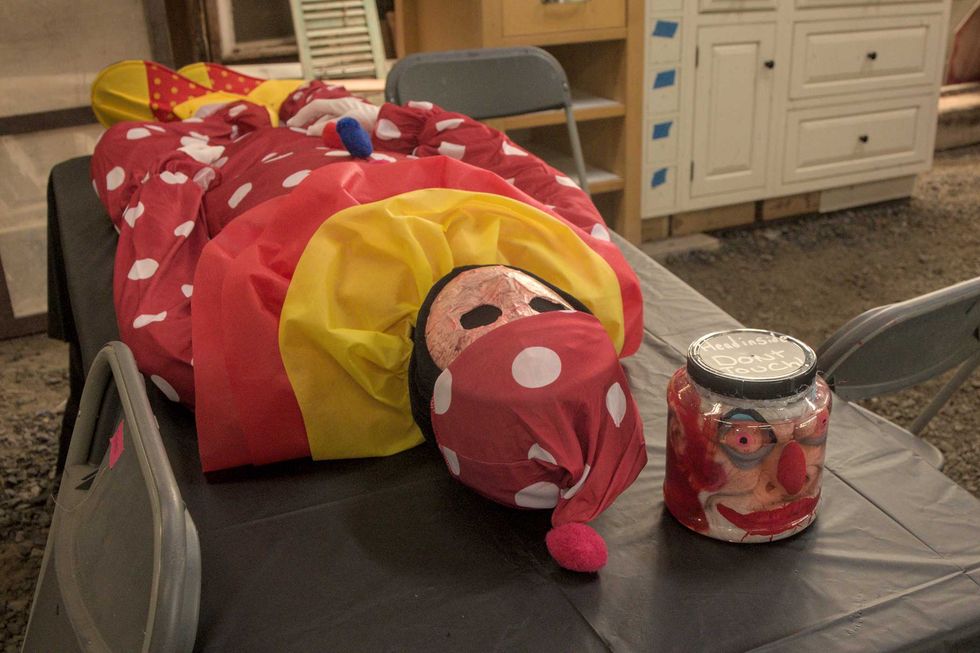 Nathan Miller
Nathan Miller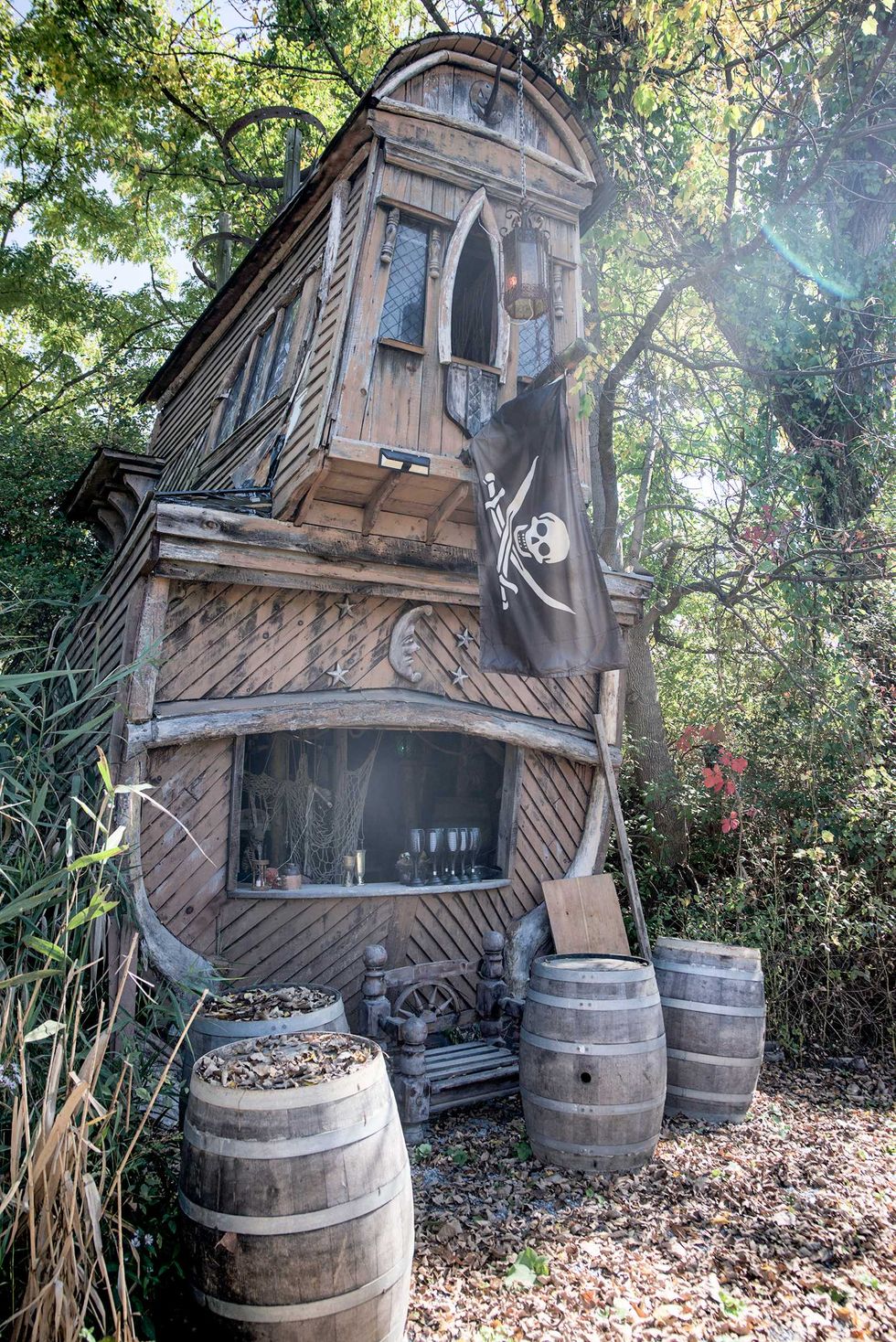 The haunted pirate ship marks the spot where groups of visitors are paired with their ghastly guides for the remainder of the Haunted Fortress tour in Stanford.Nathan Miller
The haunted pirate ship marks the spot where groups of visitors are paired with their ghastly guides for the remainder of the Haunted Fortress tour in Stanford.Nathan Miller